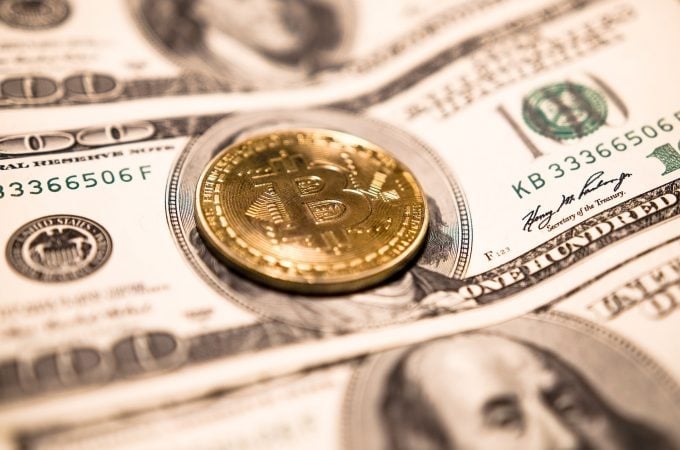In an innovative move aimed at diversifying its funding sources, the Swiss branch of Doctors Without Borders (MSF) has launched an initiative combining blockchain technology and humanitarian action. By engaging in Ethereum staking, the NGO is exploring new avenues to support its emergency medical assistance missions around the world.
An innovative approach: Ethereum staking
MSF has deployed staking pools on the Ethereum blockchain via the Lido protocol. Participants can deposit their ETH, thus contributing to the security of the network while generating returns. As a validator, MSF receives a commission on these returns, which is then reinvested to finance its humanitarian actions. Currently, this program, called Stake2Care, has mobilised 244.5 ETH, worth approximately 1.15 million $.
Art and technology: The field impact NFT collection
Alongside staking, MSF has launched an NFT collection called Field Impact, in collaboration with the artist RVig. This initiative transforms field data collected during the NGO’s missions into generative works of art. The selected NFTs are put up for sale on the Art Blocks platform, and the funds raised are used to finance MSF projects.
A strategy for the future
According to Mario Stephan, Head of Philanthropic Diversification at MSF Switzerland, these initiatives respond to a growing need to diversify funding sources while remaining true to the NGO’s values of independence and neutrality. He emphasises that the convergence of technology, finance, and creativity offers new perspectives for supporting humanitarian actions.
By integrating blockchain-based solutions, MSF hopes to reach a new generation of donors, more familiar with digital technologies, thus ensuring its long-term financial independence.









